Books
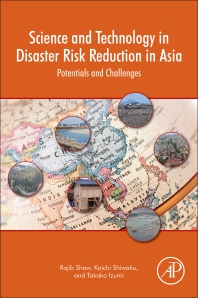
Science and Technology in Disaster Risk Reduction in Asia: Potentials and Challenges
2017
Author(s): Shaw R, Shiwaku K, Izumi T
The book provides both a local and global perspective on how to implement the Sendai Framework for Disaster Risk Reduction. Topics demonstrate the advancement of scientific research as it applies to early warning systems, including identifying risk and the strengthening of infrastructure for different types of hazards.
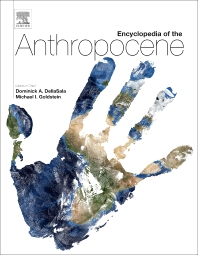
The encyclopedia presents a currency-based, global synthesis cataloguing the impact of humanity’s global ecological footprint. Covering a multitude of aspects related to Climate Change, Biodiversity, Contaminants, Geological, Energy and Ethics, leading scientists provide foundational essays that enable researchers to define and scrutinize information, ideas, relationships, meanings and ideas within the Anthropocene concept.
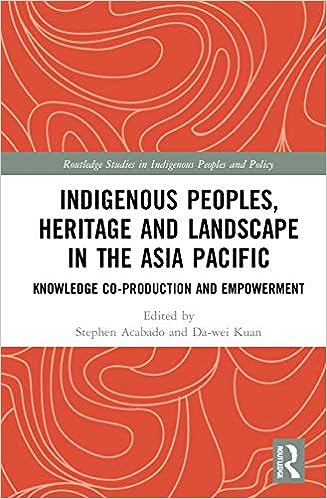
Indigenous Peoples, Heritage and Landscape in the Asia-Pacific: Knowledge Co-Production and Empowerment,
2021
Author(s): Acabado S, Kuan D
This book demonstrates how active and meaningful collaboration between researchers and local stakeholders and indigenous communities can lead to the co-production of knowledge and the empowerment of communities.
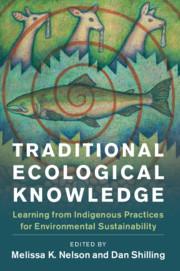
Traditional Ecological Knowledge Learning from Indigenous Practices for Environmental Sustainability
2021
Author(s): Nelson MK, Shilling D
This book examines the importance of Traditional Ecological Knowledge (TEK) and how it can provide models for a time-tested form of sustainability needed in the world today. The essays, explore TEK through compelling cases of environmental sustainability from multiple tribal and geographic locations in North America and beyond.
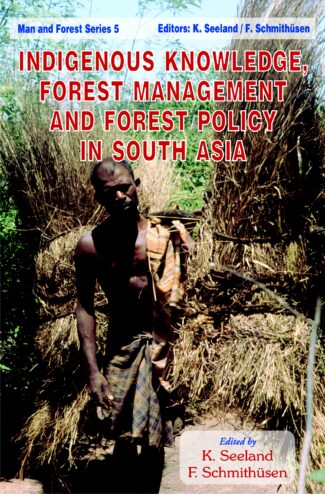
Indigenous Knowledge, Forest Management, and Forest Policy in South Asia Indigenous Knowledge, Forest Management, and Forest Policy in South Asia
2003
Author(s): Seeland K, Schmitusen F
The volume includes widely varied case studies on the role of indigenous knowledge in forestry, community living, and joint management of local natural resources. This book consists of 17 papers, based on cross-cultural, interdisciplinary investigations of well-known scholars of forest management, ethno-botanists, social anthropologists and of the members of several local NGOs involved in either community forestry or village development programmes.
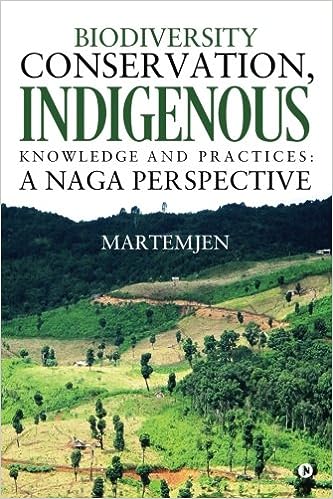
Biodiversity Conservation, Indigenous Knowledge and Practices: A Naga Perspective
2017
Author(s): Martemjen
The author draws attention on the Naga indigenous knowledge system in the light of United Nations Convention on Biological Diversity (UNCBD), through which they were able to sustainable manage and conserve their biodiversity while obtaining their livelihood from the same.

Braiding Sweetgrass: Indigenous Wisdom, Scientific Knowledge and the Teachings of Plants
2020
Author(s): Kimmerer, RW
The book shows how other living beings - asters and goldenrod, strawberries and squash, salamanders, algae, and sweetgrass - offer us gifts and lessons, even if we've forgotten how to hear their voices.

The Resilience of Traditional Knowledge Systems for a Sustainable Future: A Focus on Agriculture and Food Practices in the Himalayas
2024
Author(s): Borthakur A, Singh P
This book advocates for a holistic approach to addressing both current and future global environmental challenges. It serves as a timely call to action for researchers, policymakers, and practitioners alike.
The Regional Assessment Report on Biodiversity and Ecosystem Services for Europe and Central Asia
2018
Author(s): Rounsevell M, Fischer M, Torre-Marin Rando A, Mader A (Eds.)
This regional assessment provides invaluable information for policymakers in Europe and Central Asia to make informed decisions regarding the conservation and sustainable use of biodiversity.
Echoes at Fishermen’s Rock: Traditional Tokelau fishingBy Elders from Atafu Atoll
2006
Author(s): Hooper A, Tinielu L
The Atafu elders mainly wrote this work for the benefit of their children and grandchildren. Fishing communities throughout the Pacific have their own bodies of knowledge about their marine environments and their own techniques for exploiting them. Much of this traditional knowledge survives in numerous places, simply because it is both useful and efficient.



